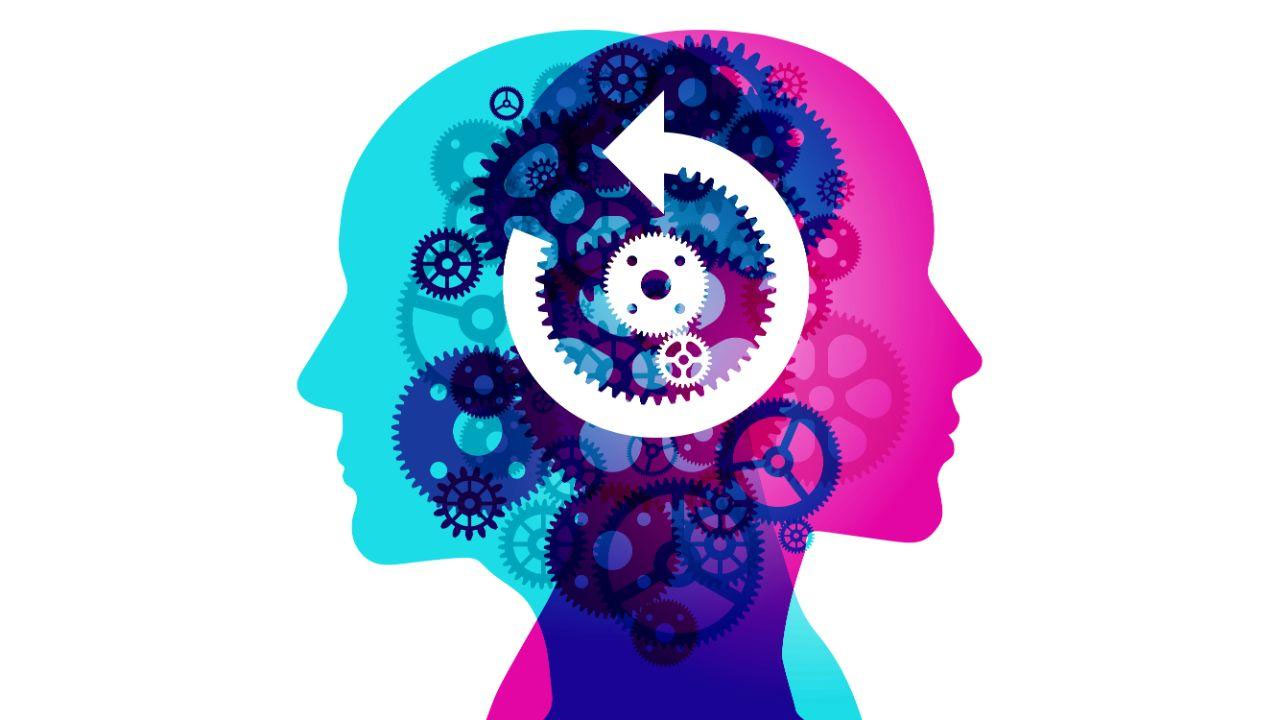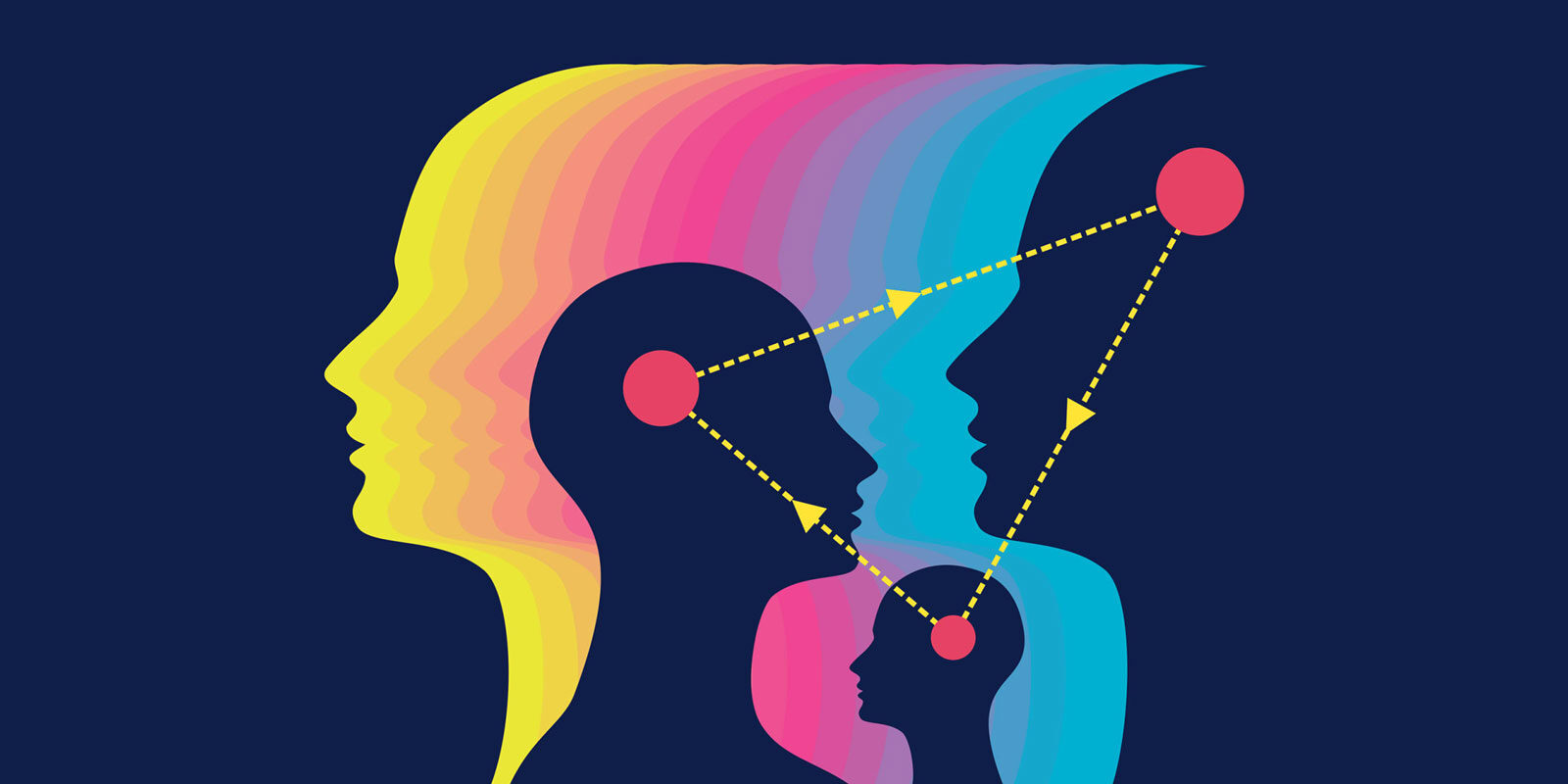The ‘ASK’ Behind Emotional Intelligence
On New Year’s eve, I threw a big bash at my place. The house was buzzing with guests, laughter, and good vibes. However, despite the festivities, I wasn’t at my best. Something about my health was off, but I kept my smile on, juggling trays of snacks and drinks.
In the midst of the party chaos, an Army Officer guest, let’s call him Inder, cut through the noise. He noticed something was off, telling me, “You’re not yourself today.” His observation made me realize why he was the glue of the group—the bridge that made things happen seamlessly. It was his Emotional Intelligence (EI) in action.
Now, let us dive into why EI matters, not just at parties, but everywhere. A Harvard Business School Online article highlights that 71% of employers value emotional intelligence more than IQ or technical skills. It is the key to successful coaching, stress management, effective communication, and collaboration. (https://online.hbs.edu/blog/post/emotional-intelligence-in-leadership)
But what is EI (Emotional Intelligence)?
Think of EI as your personal superhero skills for handling emotions. Understanding, using, and managing your feelings positively, while also navigating others’ emotions. EI is the secret sauce to breezing through stress, effective communication, empathy, and tackling challenges like a pro.
It has four attributes –
1. Self-Management: Being the zen master of your emotions. Handling impulses, managing emotions, and adapting to life’s curveballs. (This is what I was doing during my New Year’s Eve party – maintaining a smile and managing my party even when I was low)
2. Self-Awareness: Ever have those moments where you totally get why you’re feeling a certain way? That’s self-awareness. Recognizing your emotions, understanding their impact on thoughts and actions, and confidently knowing your strengths and weaknesses. (I initially attributed my feeling low at the party to my health. But as I was writing this very article and introspecting further, I realized it was the feeling of guilt I felt for partying, after hearing a family news of death)
3. Social Awareness: Your empathy superpower. You can read the room, understand what others are going through, pick up on social cues, feel at ease in social situations, and even spot the power dynamics in a group or organization. (This was the skill that my party guest, Inder, displayed when he picked up on the fact that I was not being myself)
4. Relationship Management: EI helps you build and keep awesome relationships, communicate with ease, inspire and influence others, be a team player, and handle conflicts like a boss. (Inder took the tray from me and asked me if he could get me something to drink, playing host to me in my own home. He started regaling us with old funny stories, making us all laugh and get nostalgic. And in moments, I felt better)

Why does EI matter (in situations outside of a New Year’s Eve party)?
Well, because Emotional Intelligence is the secret sauce to connecting with our own feelings, turning intentions into action, and making those decisions that truly matter – while having the best relationships – yes, it is an integral part of success – in ANY area of our lives.
How would it be if we embark on a journey to decode the ASK behind Emotional Intelligence (EI)?
Attitude, Skill, Knowledge-it’s the trifecta that can transform the way we navigate our professional lives.
EI as Knowledge:
Good to know what it is. Dive into books like Daniel Goleman’s “Emotional Intelligence” for a head start. It is a classic. https://www.unicornlabs.ca/blog/the-top-13-emotional-intelligence-books has a list of more books, where you can find what EI/EQ is. These should help you get the concept of EI.
EI as a Skill:
However, EI is not just a concept; it’s a practical skill that propels us towards success. To recognize it, look for individuals who handle pressure with grace and navigate teamwork seamlessly. They all have conversations differently. The words they use to describe people are different from most others. Learn by actively practicing empathy, active listening, and emotional regulation. Implement by incorporating these skills into daily interactions, both personally and professionally.
EI as an Attitude:
Not only do those people have the skill, but their attitude is also different. Picture a colleague/friend/acquaintance who radiates positivity and resilience—that’s the EI attitude in action. Recognize it by observing how they maintain a positive outlook. Learn by introducing small gestures into all your interactions. Cultivate a growth mindset, practice mindfulness, and embrace diversity. Implement EI by fostering a positive work environment, lead by example, and prioritize your own as well as others well-being.
In the space of professional growth, EI is the ultimate ASK. It’s not just about having knowledge; it’s about applying it as a skill and personifying it as an attitude. When you invest in being emotionally intelligent as a leader, success is but a given. And not only that, but you could also be the star guest at any party, quite like Inder.
 Priyanka runs an award-winning experiential learning and coaching company, called WINGS Team since 2011. She focuses on engaging with clients on developmental themes for their teams using NLP tools that lead to transformational journeys for the organization and the employees. Her core belief is that if the internal behavior of a person is aligned to the goal they desire, the goal inspired external behavior (and hence success) is only a by-product.
Priyanka runs an award-winning experiential learning and coaching company, called WINGS Team since 2011. She focuses on engaging with clients on developmental themes for their teams using NLP tools that lead to transformational journeys for the organization and the employees. Her core belief is that if the internal behavior of a person is aligned to the goal they desire, the goal inspired external behavior (and hence success) is only a by-product.
Priyanka is a Master Facilitator at Syngrity and an integral part of our NLP & EI based solutions and programs. To know more about how we can support your EI requirements, drop us a line at syngrity@syngrity.com




 MALATI VASUDEVA
MALATI VASUDEVA VIKRAM BADHWAR
VIKRAM BADHWAR PRIYANKA KUMAR
PRIYANKA KUMAR SUMAL VARGHESE
SUMAL VARGHESE














